Transitive and Intransitive Verbs Worksheet
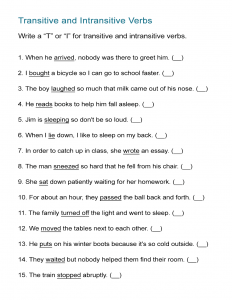
In this transitive and intransitive verbs worksheet, students have to write a “T” or “I” for transitive and intransitive verbs.
As you may know, transitive verbs act on an object. For example, in the sentence “he played the piano”, the verb “played” corresponds to the object “the piano”.
But for intransitive verbs, these types of verbs don’t relate to any objects. For example, in the sentence “she slept all day”, the verb “slept” doesn’t coincide with any type of object.
So let’s put these concepts into practice with this transitive and intransitive verbs worksheet. Is it a transitive verb (T) or intransitive verb (I)?
Transitive and Intransitive Verbs Worksheet Answer Key
1. When he arrived, nobody was there to greet him. (I)
2. I bought a bicycle so I can go to school faster. (T)
3. The boy laughed so much that milk came out of his nose. (I)
4. He reads books to help him fall asleep. (T)
5. Jim is sleeping so don’t be so loud. (I)
6. When I lie down, I like to sleep on my back. (I)
7. In order to catch up in class, she wrote an essay. (T)
8. The man sneezed so hard that he fell from his chair. (I)
9. She sat down patiently waiting for her homework. (I)
10. For about an hour, they passed the ball back and forth. (T)
11. The family turned off the light and went to sleep. (T)
12. We moved the tables next to each other. (T)
13. He puts on his winter boots because it’s so cold outside. (T)
14. They waited but nobody helped them find their room. (I)
15. The train stopped abruptly. (I)
Related Grammar Worksheets
If you need more grammar-related worksheets, see our free printable activity sheets below.

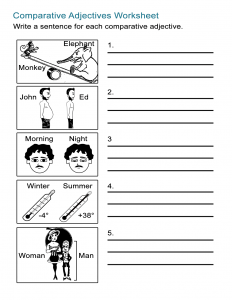
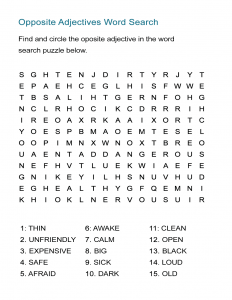
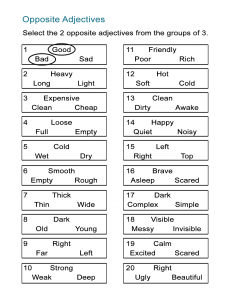
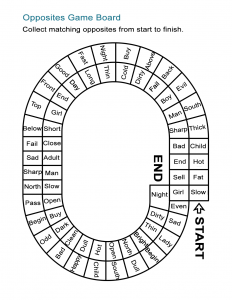
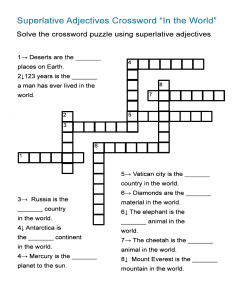
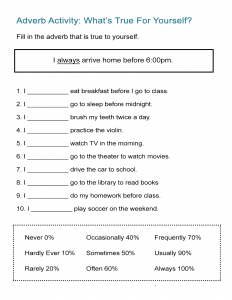
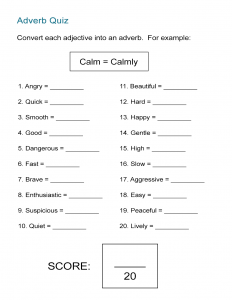
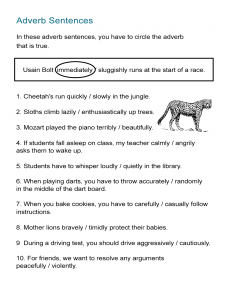
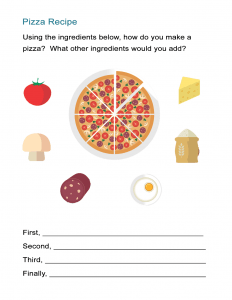
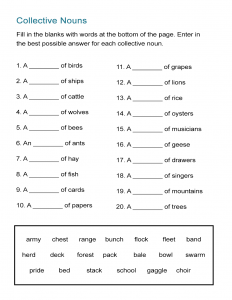
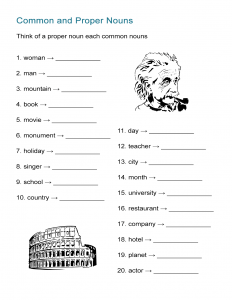
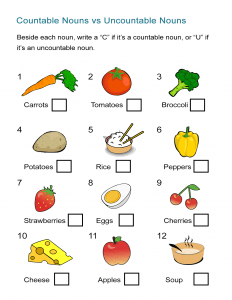
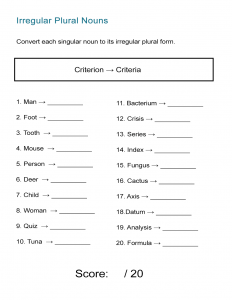
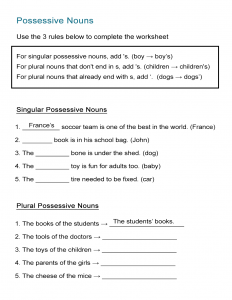
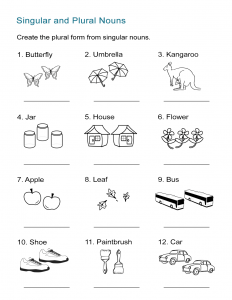
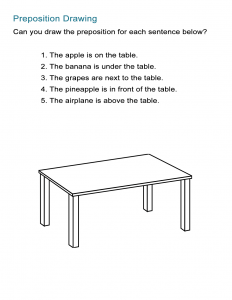
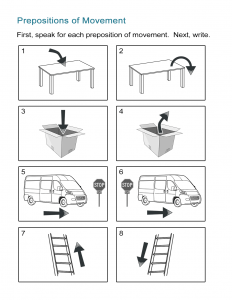
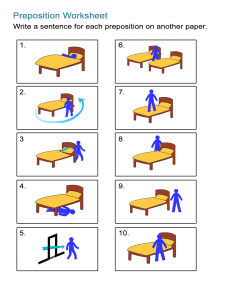
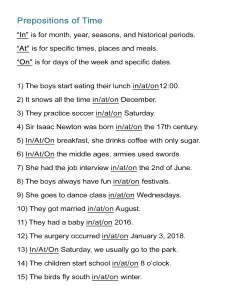
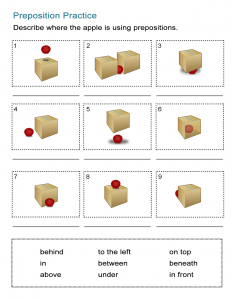
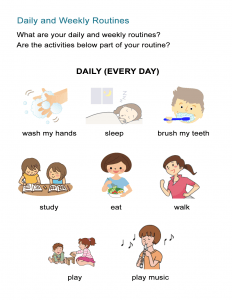
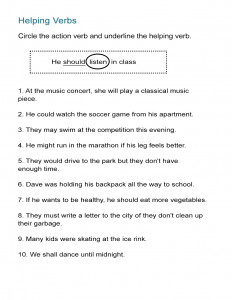
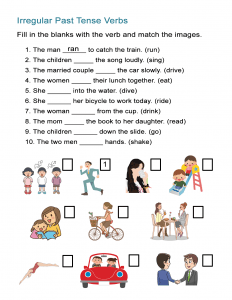
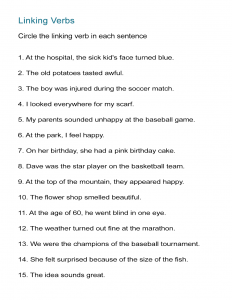
Helpful but some mistakes
She is the subject. ask yourself the qs “what is being written?” and if one of the words in that sentence is answering that qs, you have the OBJECT.
Very helpful, thank you!
I request to not make these when the answers are not known to you
Very good, not like there a 200000 mistakes in the worksheet!
Very helpful. Thank you
It’s very helpful for me, I think others’ questioning is not good it is all correct and very easy to answer.
The verb indicated at #7 is ‘wrote’ the object of the verb is ‘essay’ therefore the action verb ‘wrote’ is transitive. A transitive verb always has a direct object (noun or pronoun that receives the action)
#15: how is that intransitive?
Clarify no. 3 as being intransitive verb
It’s very good to underststand
How is the third one intransitive?
Q13) how can it be transitive if the verb is put but not puts on
It’s a transitive verb because it has an object (winter boots). Intransitive verbs have no object. In some cases (and the 13 question is one of those) you could ask yourself “If I separate the main noun (subject) and the following verb, would the sentence make sense?”. If it does (and has no object being acted by the verb) then it is an intransitive verb.
Sometimes, depending on the sentence a verb can be both transitive and intransitive if you rearrange it to do so.
I see. I thought “catch up” was the verb under consideration!
Just for being on the passive voice it’ll be a transitive verb. Intransitive verbs will always be on the active voice
How is “7. In order to catch up in class, she wrote an essay.” transitive? Where is the object?
The object in the above sentence is “essay”.
Sub+Verb+Object=Transitive verb
Here, “She” is the subject, “wrote” is the verb, and “essay” is the object
In the sentence – “She wrote an essay”
she is the subject
wrote is the verb
an is the article
essay is the object
That’s how it is a transitive verb